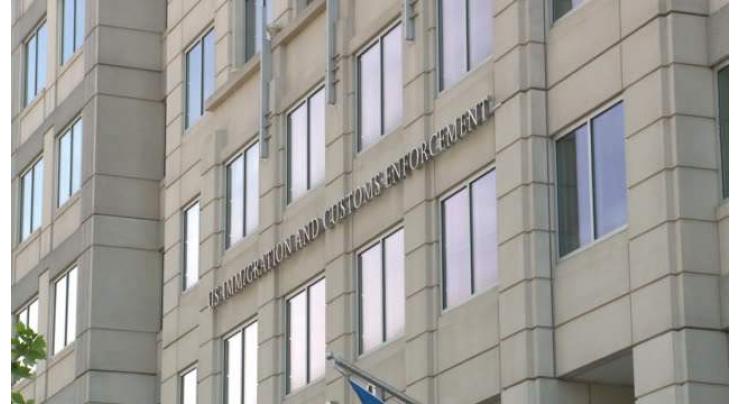
US Set To End Visa-Free Entry For Russians In Guam, Northern Mariana Islands - DHS
Mohammad Ali (@ChaudhryMAli88) Published August 30, 2019 | 11:48 PM

The United States is ending visa-free for Russian citizens to Guam and the Commonwealth of the Northern Mariana Islands after the 30-day period of the full publication of the decision in the Federal Register, the Department of Homeland Security said in a note on Friday
"Under discretionary parole policies, Department of Homeland Security (DHS) has granted parole on a case-by-case basis to nationals of the Russian Federation (Russia) to enter Guam and the Commonwealth of the Northern Mariana Islands (CNMI) for temporary visits for business or pleasure for up to 45 days provided the traveler meets certain conditions," the document said. "DHS is publishing this notice to announce to the public that it plans to end this discretionary parole policy."
The DHS explained the policy change does not preclude the affected Russian citizens from applying for parole, which will be granted on a case- by-case basis.
The department will end the use of its discretionary parole authority 30 days from the date of the publication in the Federal Register, the note said.
The DHS also said requiring Russian citizens to obtain visa would boost US safety and national security because all applicants will generally undergo advanced screening and recurrent vetting by the State Department that includes an in-person visa interview,.
"The perceived negative economic impact of discontinuing discretionary parole Russian nationals in the CNMI and Guam would be offset by admission of the availability of traditional B-1 visas for business and B-2 visas for pleasure," the document said.
The DHS noted that presently most applications by Russians for B-1/B-2 visas are approved.
"If admitted in B-1 or B-2 status, individuals generally will be afforded an authorized period of stay of approximately 180 days - four times longer than the current 45-day cap under the more restrictive parole authority," the document said.
The DHS acknowledged the possible negative impact of the announced change on certain businesses in Guam and the CNMI, but said it believes that any such impact should be mitigated by the fact that bona fide visitors from Russia generally would be able to obtain a visa to allow them to visit.
The full document is scheduled to be published on September 3.
Recent Stories

Pak Vs NZ T20I: Orphaned children extended special invitation to watch match

Finance Minister lauds UNDP’s unwavering support during floods

President Raisi leaves for Iran from Karachi

Currency Rate In Pakistan - Dollar, Euro, Pound, Riyal Rates On 24 April 2024

Today Gold Rate in Pakistan 24 April 2024

Punjab CM inaugurates Pakistan’s first Virtual Women Police Station

Dutch model Donny Roelvink embraces Islam

Experts raise concerns over introduction of 10-stick packs

Iranian president arrives in Karachi

Law Minister expresses Govt's resolve to address issue of missing persons

Rizwan’s batting order may be changed: Sources

Nawaz Sharif to visit Guangzhou exhibition in China
More Stories From World
-
China announces new partners for International Lunar Research Station
18 minutes ago -
Astronauts of China's Shenzhou-18 mission meet press
18 minutes ago -
Partial power outage at Fukushima plant, water release suspended
18 minutes ago -
China renews blue alert for rainstorms
28 minutes ago -
China's overnight Shibor interbank rate decreases Wednesday
28 minutes ago -
Means of production prices mostly rise in China
28 minutes ago
-
China's Chang'e-7 lunar mission to carry instruments developed through int'l cooperation
28 minutes ago -
Tokyo stocks end higher tracking Wall Street gains
48 minutes ago -
Wildfires burn large land in Mongolia
48 minutes ago -
S. Korea's births keep falling in February
48 minutes ago -
China to send Spain new panda couple on April 29
48 minutes ago -
Chinese astronauts fix space station power supply after debris hit
48 minutes ago